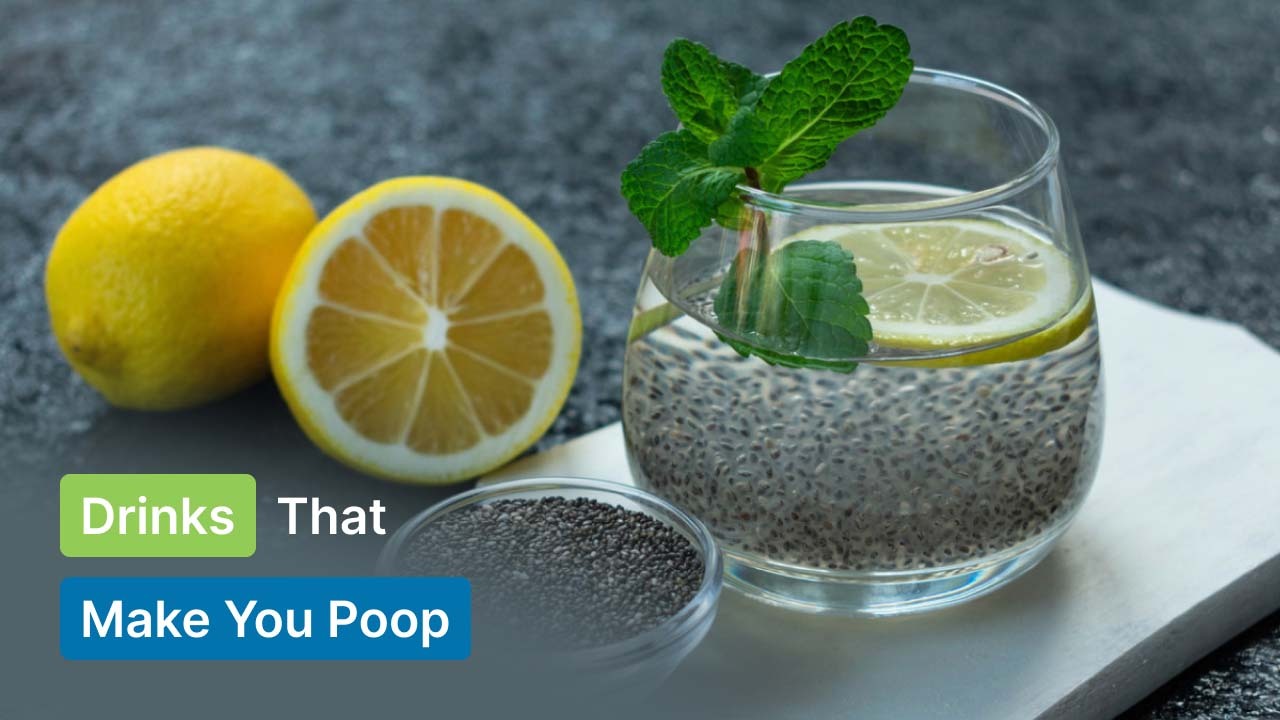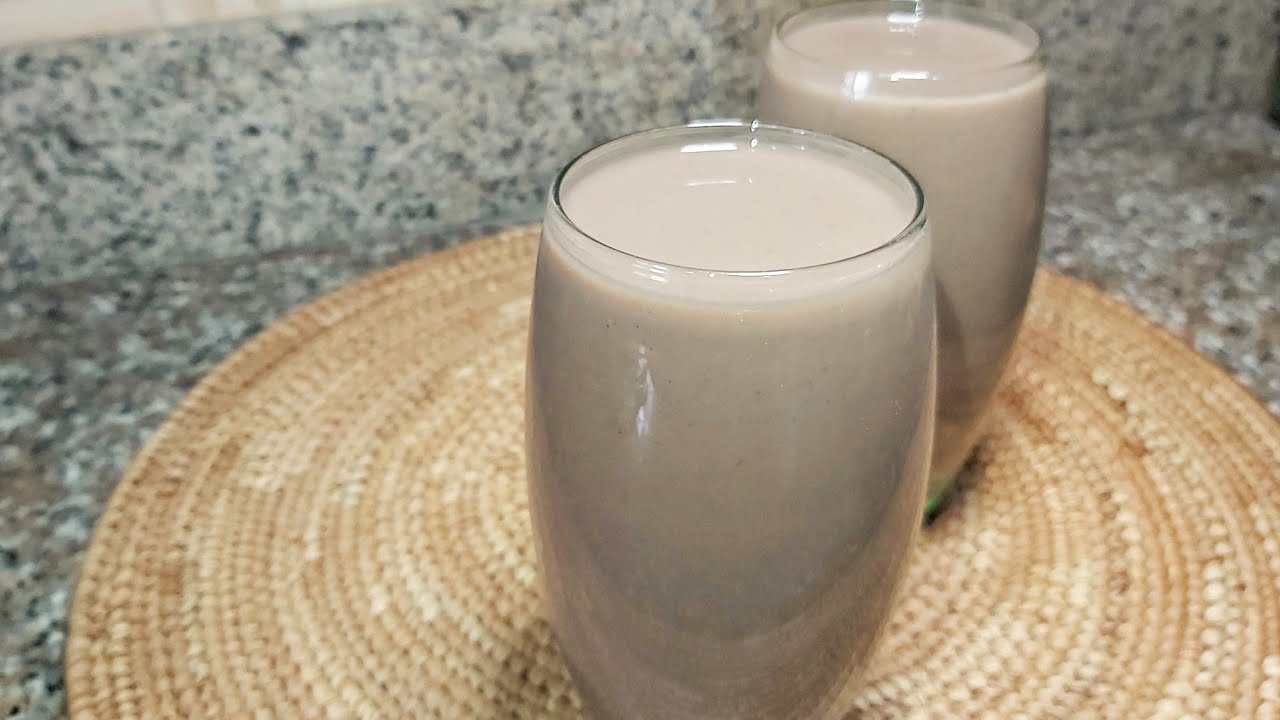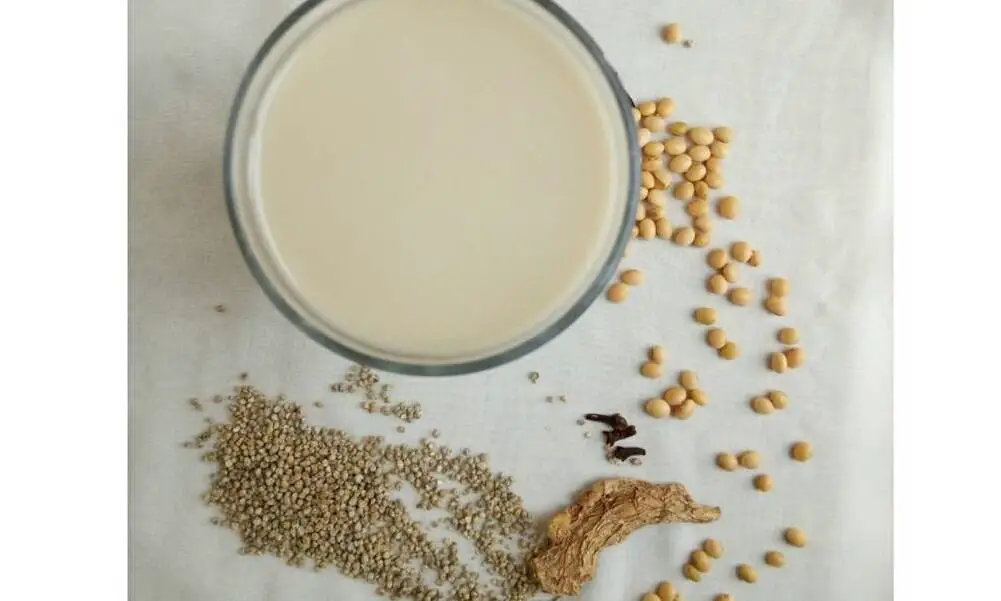Feeling backed up? You’re not alone. Constipation is a common problem that can be uncomfortable and even painful. But before you reach for harsh laxatives, try some natural drinks that make you poop and get things moving again.
Many drinks are loaded with dietary fibre and/or antioxidants, which are both known to promote gut health and help food pass through your digestive tract more easily. So, if you’re looking for a gentle nudge in the right direction, consider trying one of these beverages:
1. Coffee
Ever felt your morning coffee rush you straight to the restroom? It turns out that’s not just a coincidence. Coffee has a secret ingredient called chlorogenic acid that acts like a mini-alarm clock for your gut.

Here’s how it works:
This acid tells your stomach to get things moving by making it contract, kind of like giving it a gentle nudge. At the same time, it sends a message to your brain saying, “Hey, there’s something here that needs to go!” And suddenly, the urge to use the bathroom appears.
In fact, scientists even did a study where they found that almost 3 out of 10 people felt the need to go within 20 minutes of enjoying a cup of coffee.
2. Prune juice
Forget fancy potions and pills; prunes might just be the MVP of poop-promoting fruits. They’re bursting with goodies like magnesium, potassium, and sorbitol, which all have secret powers to help get things moving smoothly in your gut. Having 4–8 ounces of prune juice in the morning will get the ball rolling.
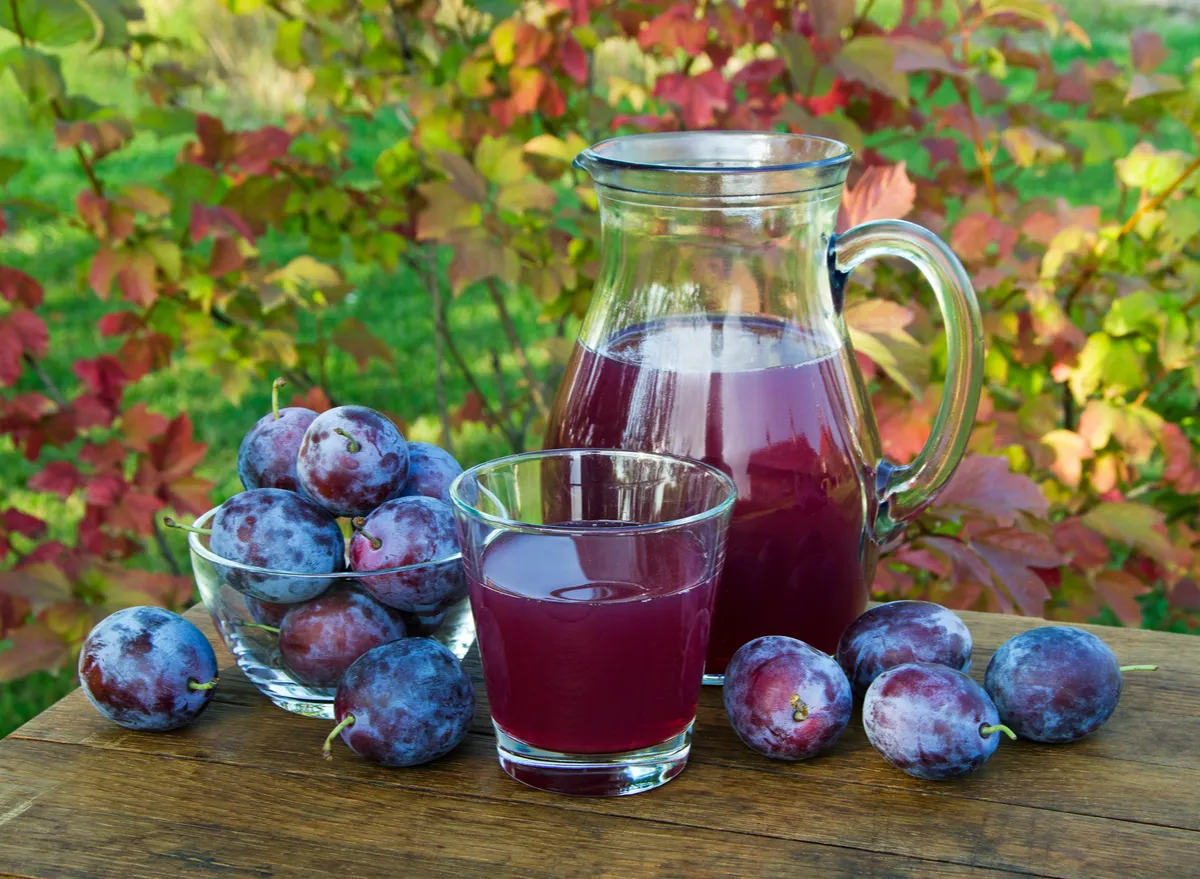
But prunes also pack two types of fibre: soluble and insoluble. They are like cheerleaders, helping bulk up your stool and making it easier to pass. A study in 2014 found that eating just 100 grammes of prunes daily (that’s about 10) helped people poop more often.
3. Magnesium citrate
Stuck in a bathroom stall, wishing things moved a little faster? Magnesium citrate might be your answer! This over-the-counter supplement isn’t just for fancy waters; it can actually help you poop in as little as an hour.

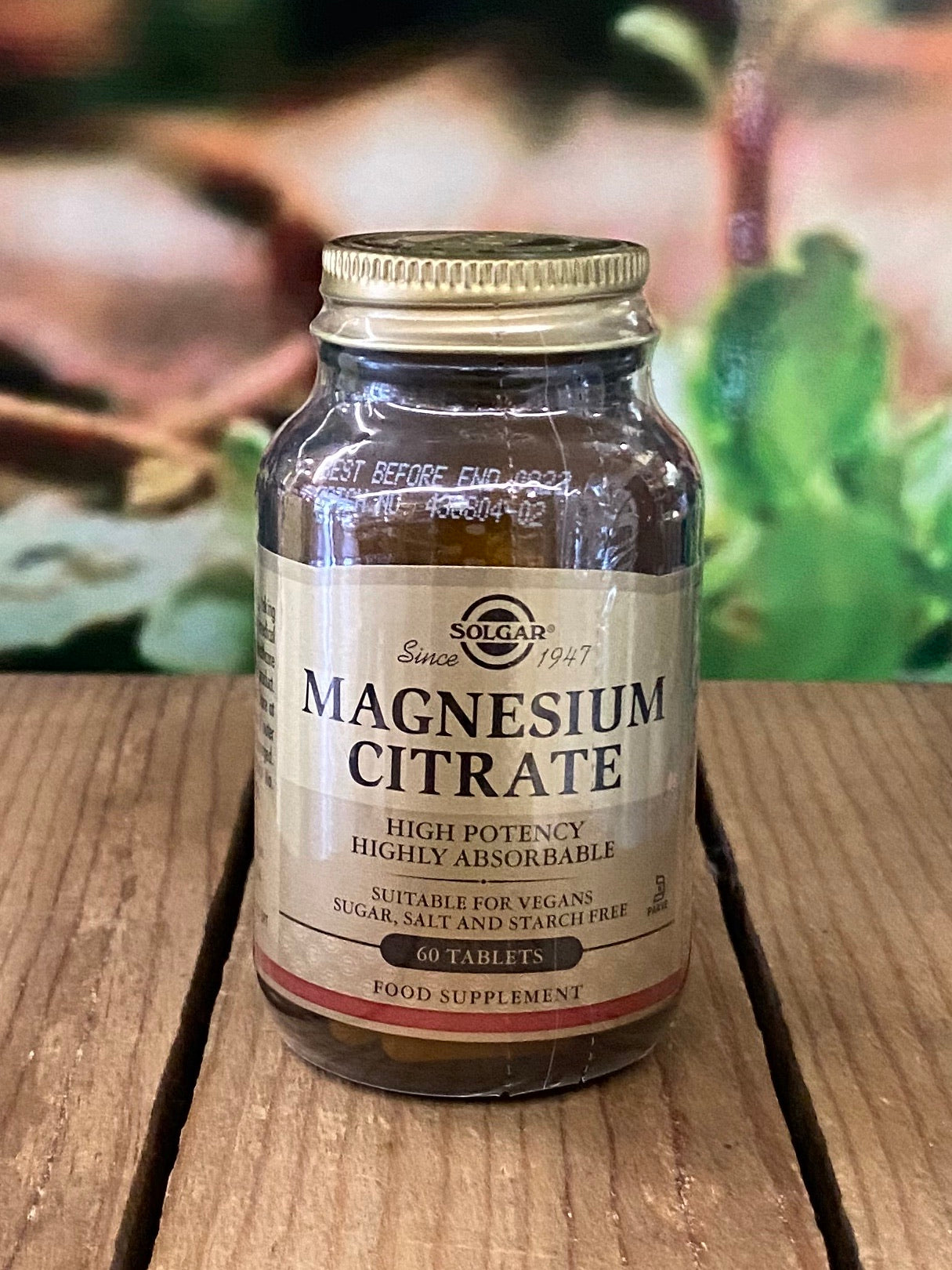
Magnesium citrate works by drawing water into your intestines. It’s like a gentle nudge, helping to soften your poop and make it easier to pass.
If you’re ready to give it a try, grab about 10 ounces of magnesium citrate (it’s usually liquid) and knock it back. Don’t forget to chase it down with a glass of water—hydration is key. The taste isn’t exactly a tropical getaway, but it has a hint of citrus, so you can try mixing it with fruit juice if needed. Just remember, this isn’t a long-term solution or a party favour; consult your doctor before using it regularly.
4. Baking soda solution
Ever heard of baking soda being used for more than just baking? It turns out that some folks use it to help with tummy troubles like heartburn, IBS, and even constipation.
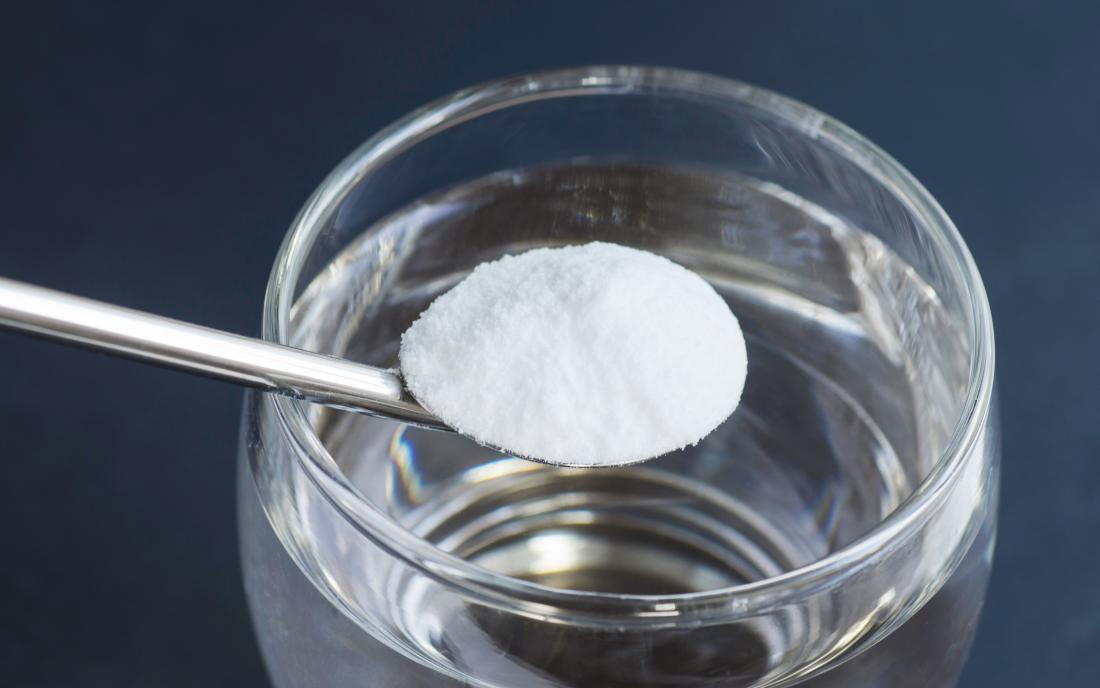
While it’s a popular home remedy, it’s important to know the facts before you mix yourself a bubbly concoction.
Baking soda is an antacid, meaning it neutralises stomach acid. This can be helpful for issues like heartburn, but how does it relate to constipation? Some people believe it can draw water into your intestines, softening stool and making it easier to pass.
5. Lemon juice
These yellow lemons are packed with vitamin C, an antioxidant that acts like a tiny cheerleader for your gut. It helps get things moving by sending water down there, stimulating those bowel movements.
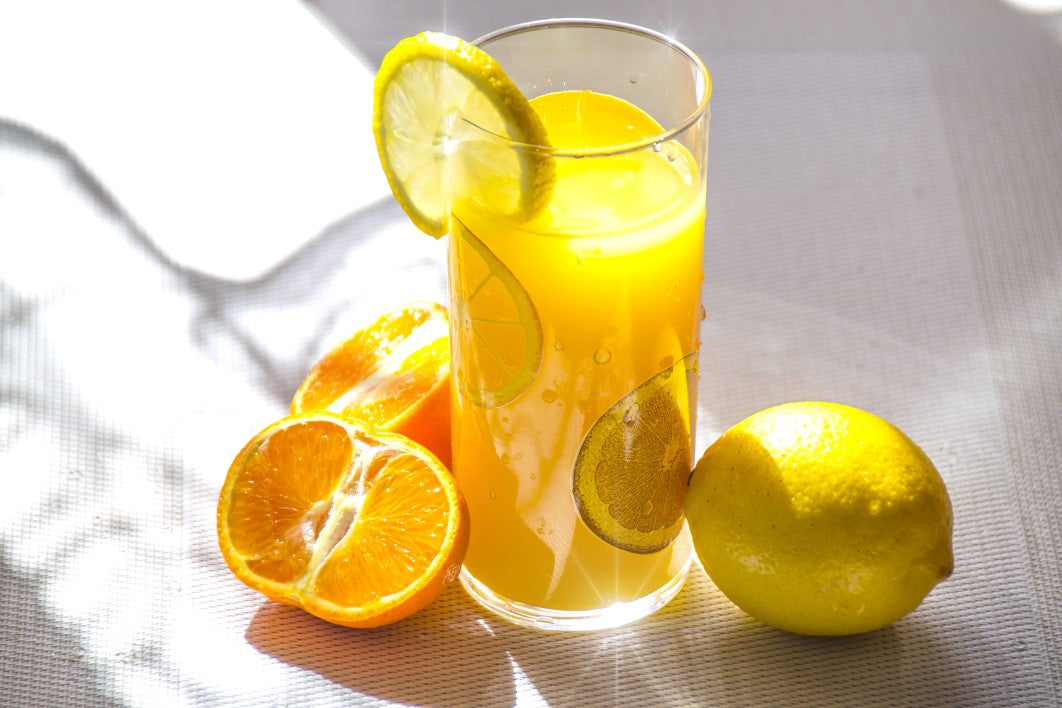
Here’s the simple trick: squeeze the juice of half a lemon into a glass of warm water. It’s like making sunshine in a glass. Drink it on an empty stomach, and let the magic happen.
This isn’t a long-term solution for everyone, so if you have persistent constipation, chat with your doctor for the best plan. But for a natural nudge in the right direction, this lemony concoction might be the ticket.
6. Kefir
This is a fermented milk drink that can speed up your digestion, helping you to have bowel movements more quickly.

It also improves the consistency of your stool, reduces the effort needed to pass stools, and enhances overall satisfaction with bowel movements, as a study indicates.
This is because kefir contains probiotics and yeast that promote the balance of healthy bacteria in your gut.
7. Kombucha
Kombucha fans say it helps them poop regularly, but science isn’t sure. Still, believing something works can sometimes make it happen.
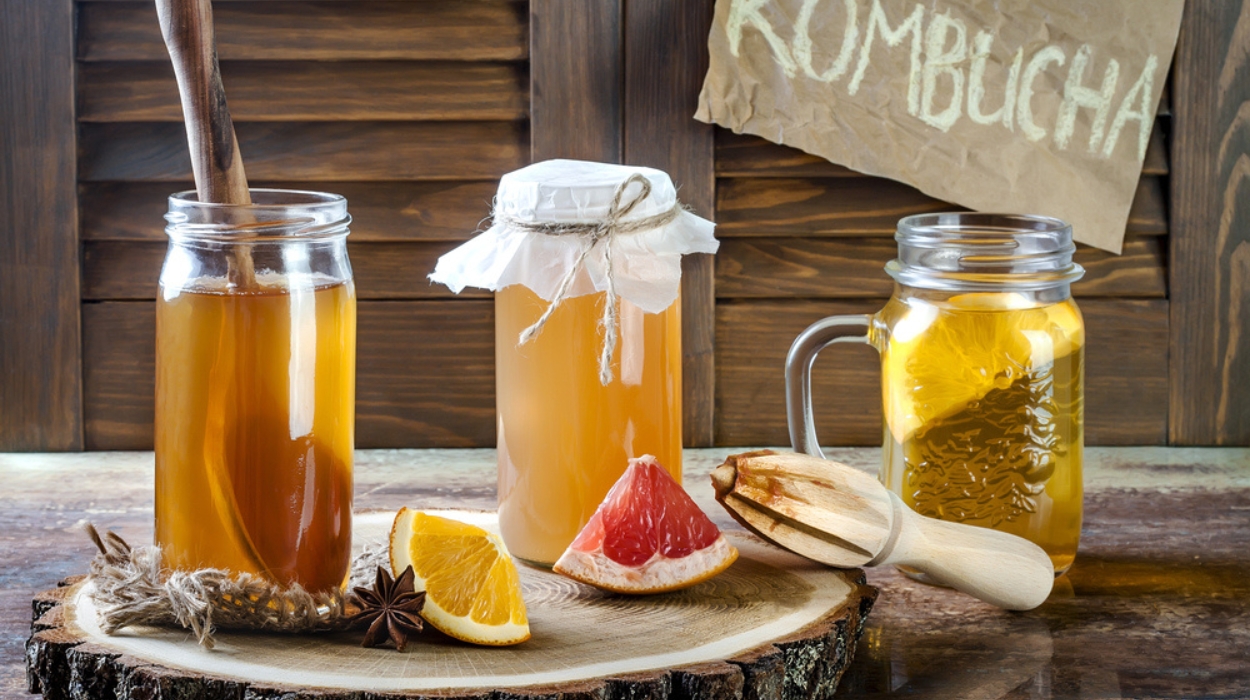
Just remember, a balanced diet and water are key to healthy digestion. Enjoy kombucha as a treat, but don’t rely on it as a poop potion. Talk to your doctor if you have constipation issues.
8. Castor oil
This oil, extracted from castor beans, has been around for thousands of years and is known for more than just its icky taste (think petroleum jelly). It actually packs some powerful punches:
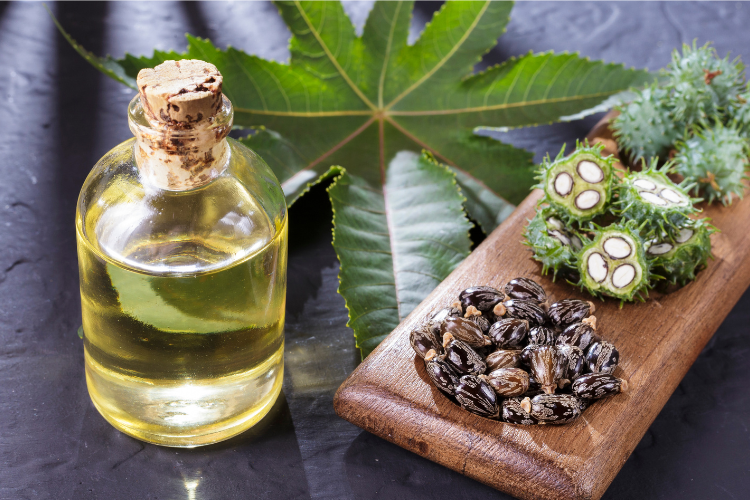
- Healthy fats: Yep, castor oil boasts healthy fats that are good for you.
- Anti-inflammatory power: Like a tiny warrior, it fights inflammation in your body.
- Bowel movement buddy: This is probably the most well-known use. Castor oil is a stimulative laxative, meaning it gently nudges your intestines to get things moving, helping you regulate your bathroom visits.
The FDA (the folks who make sure stuff is safe) even says it’s okay. The typical dose is just one tablespoon, and let’s be honest, it doesn’t exactly taste like candy. Mixing it with some fruit juice can help mask the not-so-pleasant flavour.
Remember, though, that castor oil isn’t a magic solution for everyone and shouldn’t be used regularly. And, while castor oil might not be your new favourite smoothie ingredient, it’s an interesting historical remedy with some potential benefits.
9. Herbal teas
Certain types of herbal teas, such as peppermint, ginger, black, green, chamomile, and senna tea, might have a natural laxative effect on some people. These teas help lubricate the digestive system, promoting relaxation, and hydration, and preventing dry stool. It’s advisable to steer clear of sugary canned teas, as they could worsen constipation.
To effectively manage constipation, it’s important to identify and address its underlying causes. Common culprits include dehydration, low fibre intake, a lack of physical activity, disruptions in travel, and holding in bowel movements.
Taking steps like drinking enough water, eating fibre-rich foods, staying active, maintaining regular bowel habits even while travelling, and avoiding prolonged stool retention can all contribute to easing constipation.
Whether you’re relying on coffee or kombucha to stimulate bowel movements quickly, it’s essential to be prepared for the aftermath with DUDE Wipes. These wipes ensure cleanliness and comfort whenever the urge arises.
Check out more articles like this here.


